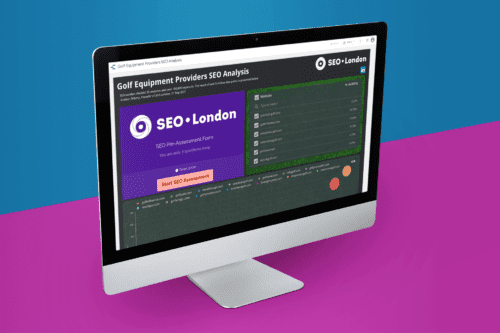What is Query
Definition of Query in SEO
In the realm of Search Engine Optimization (SEO), a query refers to the specific words or phrases that users type into search engines when seeking information, products, or services. It serves as the initial interaction between users and search engines, acting as a bridge to connect users\’ needs with relevant web pages. Understanding queries is crucial for SEO professionals, as it allows them to optimize websites and craft content to match user intent effectively.
Types of Queries
Queries can be categorized into different types based on user intent, which provides valuable insights into user behavior. The main types of queries include:
1. Informational Queries: These queries are designed to gather information on a particular topic. Users often search for answers to questions or seek explanations. For example, \”how to lose weight,\” \”definition of SEO\” or \”best travel destinations.\”
2. Navigational Queries: Navigational queries are used when users are looking for a specific website or webpage. Users already know what they want and are searching for a direct path to reach their destination. For instance, searching for \”Facebook login,\” \”YouTube homepage\” or \”Amazon Prime.\”
3. Transactional Queries: Transactional queries indicate that users are ready to purchase a product or service. These queries often include specific brands, product names, or phrases such as \”buy,\” \”discount,\” or \”deals.\” Examples include \”iPhone 12 Pro Max price,\” \”cheap flight tickets to Paris\” or \”best hotel deals in New York City.\”
4. Commercial Investigation Queries: These queries typically occur during the research phase, where users are comparing options or evaluating different products or services. Users might search for product reviews, comparisons, or seek recommendations. Examples include \”best DSLR cameras 2021,\” \”iPhone vs. Samsung\” or \”top-rated laptops for video editing.\”
Importance of Query Analysis in SEO
Query analysis is crucial for SEO professionals and website owners aiming to improve their organic search visibility and drive relevant traffic. By understanding the queries users are typing into search engines, SEO experts can:
1. Determine User Intent: Analyzing queries aids in understanding user intent behind searches. This knowledge enables the creation of content that aligns with what users are seeking, thereby increasing the chances of ranking higher in search engine results pages (SERPs).
2. Optimize Content: By identifying frequently searched queries related to their industry or niche, SEO professionals can optimize website content to match those queries. This optimization can include incorporating relevant keywords, structuring content to answer common questions, and providing valuable information that fulfills user needs.
3. Improve User Experience: Understanding queries helps in enhancing user experience by delivering relevant and valuable content. By tailoring content to address specific queries, website owners can ensure users find what they are looking for, resulting in improved engagement, longer time spent on the site, and increased chances of conversion.
4. Identify Trends and Gaps: Query analysis allows SEO professionals to identify emerging trends, popular topics, or gaps in their content strategy. This knowledge can help them stay ahead of the competition, create content that meets current demands, and fill any content gaps to provide a comprehensive user experience.
5. Refine Keyword Research: Analyzing user queries provides valuable insights for refining keyword research strategies. SEO professionals can identify new keywords or long-tail variations to target, assess the effectiveness of existing keywords, and uncover untapped opportunities for organic traffic growth.
In conclusion, queries play a fundamental role in SEO as they represent the initial point of interaction between users and search engines. By analyzing queries, SEO professionals can gain a deeper understanding of user intent, optimize content, improve user experience, identify trends and gaps, and refine keyword strategies. Keeping a pulse on user queries is essential for continuous optimization and ensuring websites rank higher in search engine results, ultimately driving relevant organic traffic.


